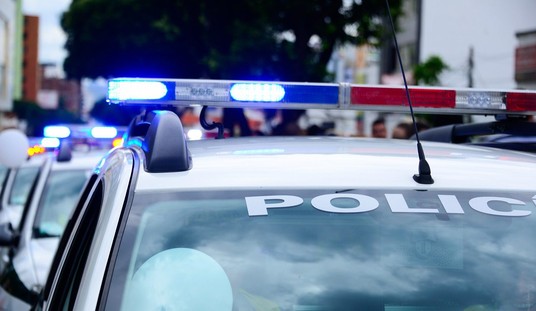Cindy Chang of the L.A. Times has noted that the Los Angeles Sheriffs Department (LASD) is experiencing some “training scars” as they transition from double-action/single-action Beretta 92s to striker-fired Smith & Wesson M&Ps, with their number of negligent discharges more than doubling from 12 to 30.
Accidental gunshots by Los Angeles County sheriff’s deputies have more than doubled in two years, endangering bystanders and occasionally injuring deputies. The jump coincides with the department’s move to a new handgun that lacks a safety lever and requires less pressure to pull the trigger.
Sheriff’s officials say that the increase in accidental discharges — from 12 in 2012 to 30 last year — occurred because deputies were adjusting to the new gun. They expect the numbers to fall in the years ahead. So far this year, the department has recorded seven accidental discharges, five of which involved the new weapon.
But the problems may not be over, as more deputies switch to the Smith & Wesson M&P9. In response, department officials have imposed extra training requirements.
The M&P has obvious benefits. It is easier to shoot accurately, can be fired more reliably under stress and is a better fit for people with small hands. The switch was prompted in part by the threat of a lawsuit by women who had failed the Sheriff’s Academy. More recruits — including more women — are now passing the firearms test, and veteran deputies are also logging better scores at the firing range.
But the sharp increase in accidental discharges has prompted an investigation by the Sheriff’s Department’s new inspector general. Critics say this type of semiautomatic, which is widespread in law enforcement and includes the Glock used by many agencies, is too easy to misfire.
If you read the comments of the article, you’ll note the same reaction by many who state that this is training issue… which is what we always hear when someone has a negligent discharge. It’s both partially a fair claim, and a bit of a cop-out.
It’s a fair claim, especially in the case of the LASD, as they are not only shifting firearm actions, but training. Many departments with DA/SA guns are taught to get their fingers on the triggers as they come up on target, a practice called “on target, on trigger” that has worked well with conventional DA/SA pistols like Berettas, the Sig Sauer P-series, and CZ pistols. With striker-fired guns, officers are trained to keep their fingers straight along the frame of the pistol until the last possible second… a theory that works well in training, but which has failed time and again under stress, as the LASD and other departments nationwide have noted.
And yet, claiming that an officer experiencing a negligent discharge “should have had more training” only comes up after the negligent discharge… they’re deemed to have had “enough” training until they prove otherwise, which seems to me is intellectually dishonest. It’s akin to saying someone is competent at navigating minefields until they take that one wrong step.
“Hey Timmy, once you sew that leg back on, let’s get you some more training.” Yeah… no.
We could all use more training, but agencies have very finite budgets, limited training facilities, and fewer still scenario-based training options to give officers a real “look” at shoot/don’t shoot scenarios under even moderate amounts of simulated stress. Unless you’re willing to significantly increase taxes so that officers get at least “X” hours of training each year—let’s toss out 40 hours a year as a nice round number—then it seems hypocritical to require them to obtain additional training on their own.
The next best response—and to my way of thinking, the most economical and cost-effective—is for agencies to adopt or demand the development of handguns and tactics that require more deliberation to fire and which are more forgiving of human psychology and physiology under stress.
We’ve had consistent increases in negligent discharges when agencies transition from DAO or DA/SA guns to most striker-fired designs.








Join the conversation as a VIP Member